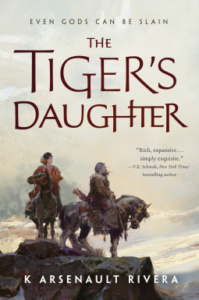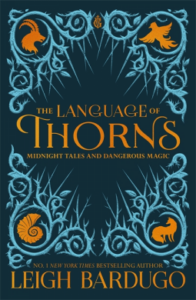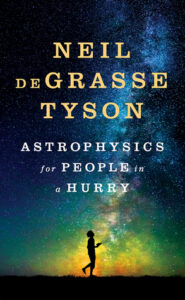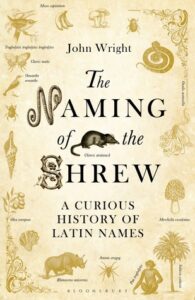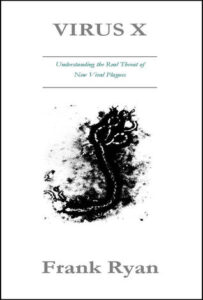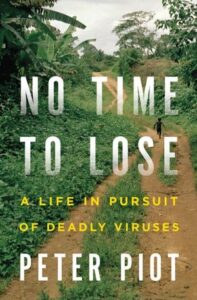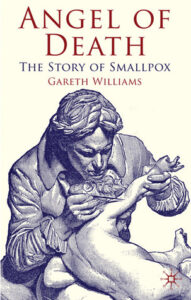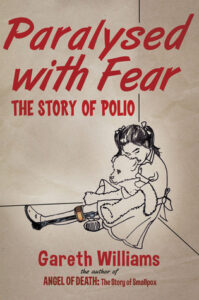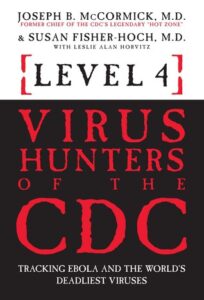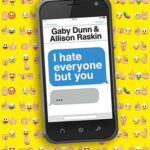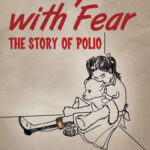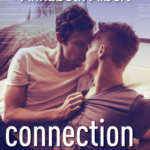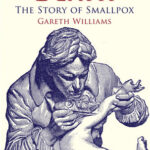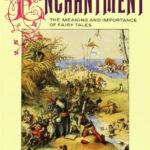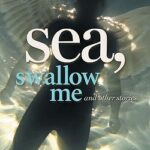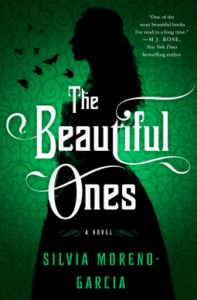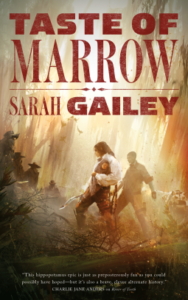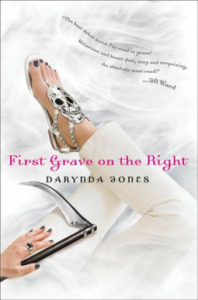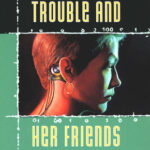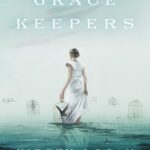The three ‘W’s are what are you reading now, what have you recently finished reading, and what are you going to read next, and you can find this week’s post at the host’s blog here if you want to check out other posts.
What are you currently reading?
 Far too much, as ever, but most actively I’m back to Abaddon’s Gate and making some progress. I don’t necessarily always feel like reading these books, but once I pick one up it’s sure hard to put it down! I’m also reading a book on the 1918 ‘flu pandemic, The Great Influenza, by John M. Barry. Interesting so far, though I’m going quite slowly with it. Not the most enticing prose, somehow.
Far too much, as ever, but most actively I’m back to Abaddon’s Gate and making some progress. I don’t necessarily always feel like reading these books, but once I pick one up it’s sure hard to put it down! I’m also reading a book on the 1918 ‘flu pandemic, The Great Influenza, by John M. Barry. Interesting so far, though I’m going quite slowly with it. Not the most enticing prose, somehow.
I’m also reading The Gracekeepers, which I’m about half of the way through. Still not sure what to make of it, though!
What have you recently finished reading?
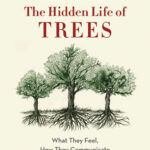 Trouble and Her Friends! It’s rather old school cyberpunk in terms of the technology levels, but I enjoyed the interplay between the characters, and the fact that it didn’t rush. The worry about regulating the internet seems rather prescient now…
Trouble and Her Friends! It’s rather old school cyberpunk in terms of the technology levels, but I enjoyed the interplay between the characters, and the fact that it didn’t rush. The worry about regulating the internet seems rather prescient now…
I also finished The Hidden Life of Trees, which was fascinating, although sometimes I felt things were presented too simply. The fact that trees can sense chemicals in the air does not mean that they taste them in the way we do, for example. Still, a lot I didn’t know.
What will you read next?
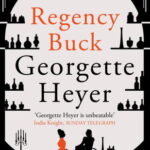 I’m feeling kind of like reading some Georgette Heyer — I kind of want to reread The Grand Sophy, but I do have Heyer books I haven’t read before which are on my backlog… I have Regency Buck and Friday’s Child with me in paperback, and a few others on my ereader. We’ll see! I just realised Regency Buck is part of a series, so I’m not sure how readable it is on its own. Darn.
I’m feeling kind of like reading some Georgette Heyer — I kind of want to reread The Grand Sophy, but I do have Heyer books I haven’t read before which are on my backlog… I have Regency Buck and Friday’s Child with me in paperback, and a few others on my ereader. We’ll see! I just realised Regency Buck is part of a series, so I’m not sure how readable it is on its own. Darn.
What are you reading?

